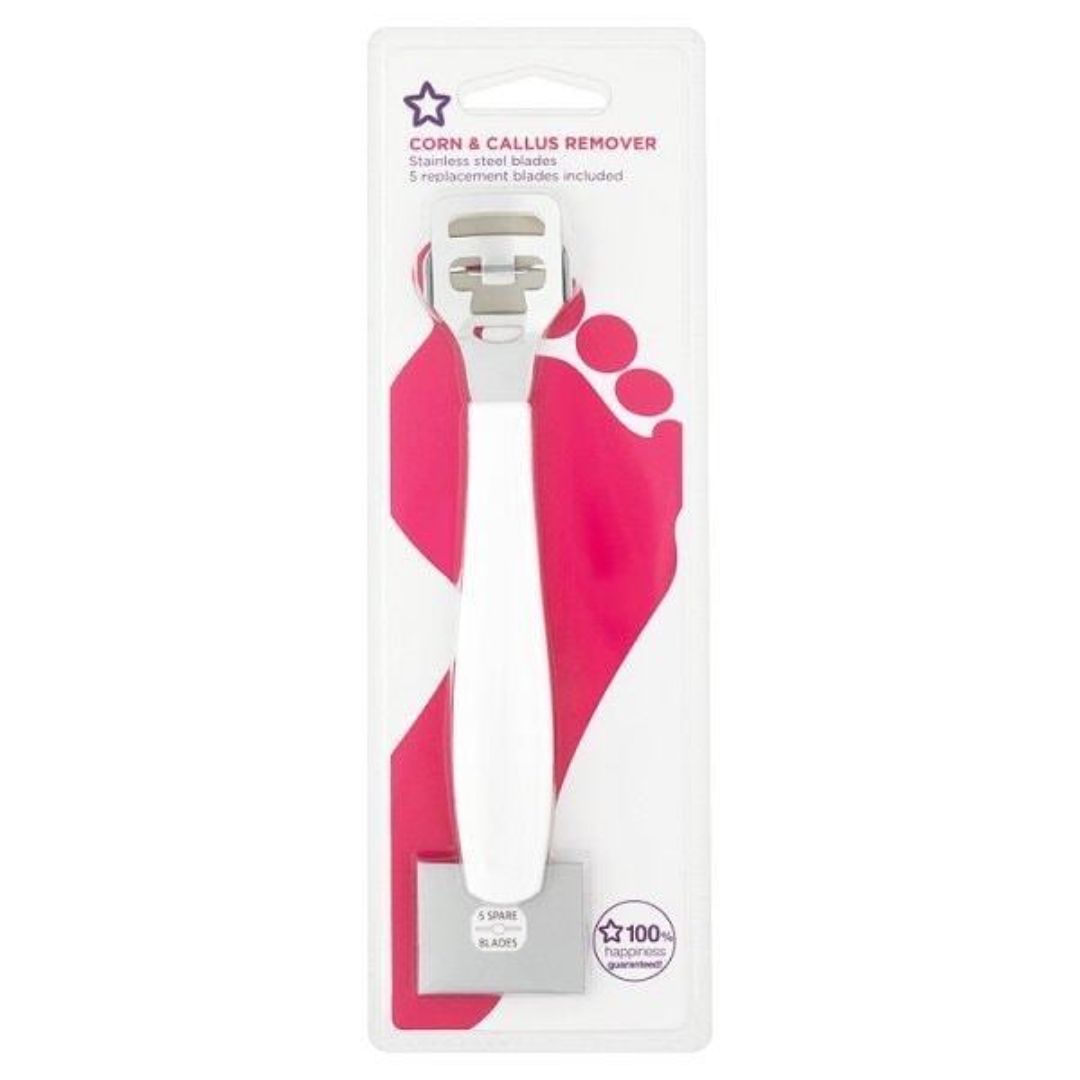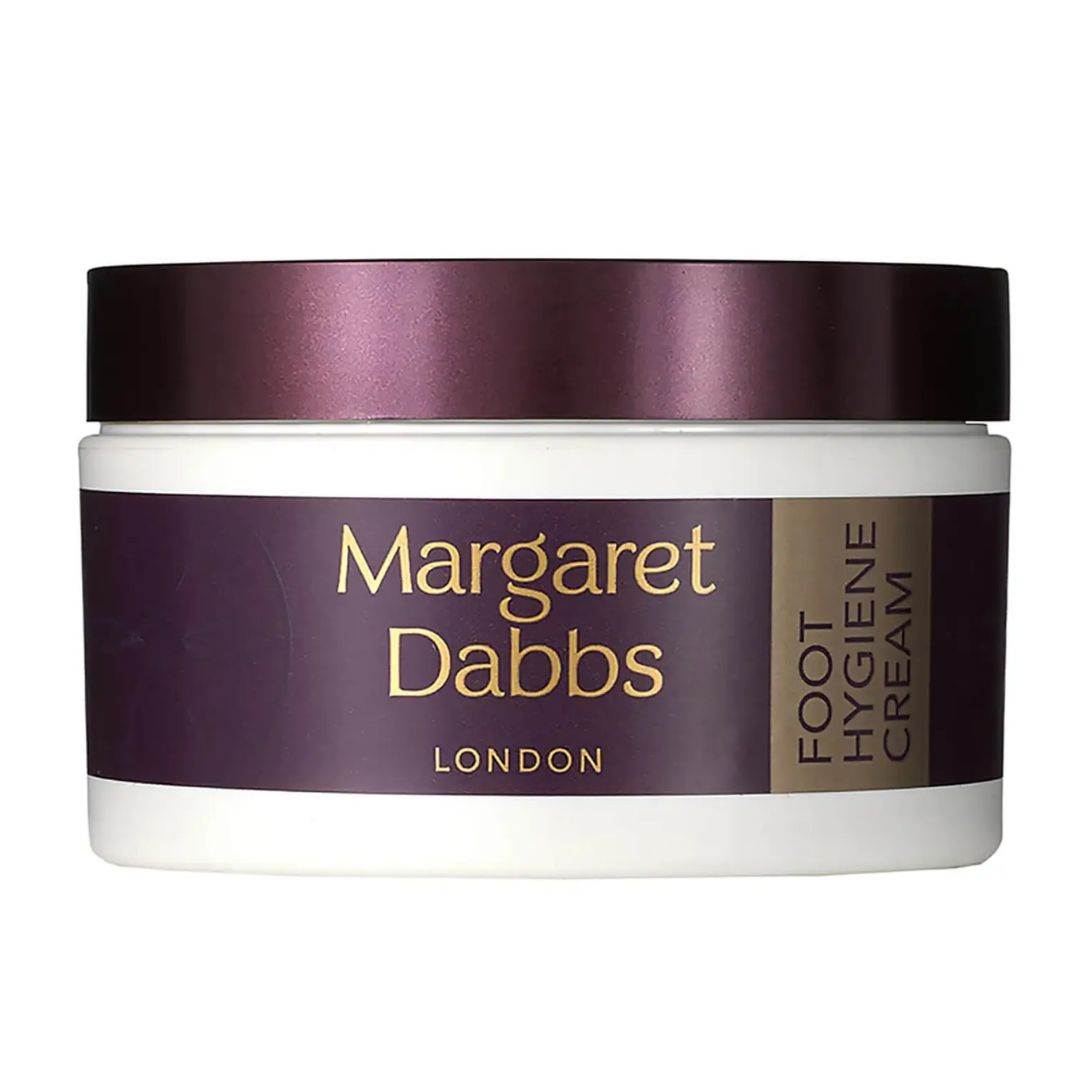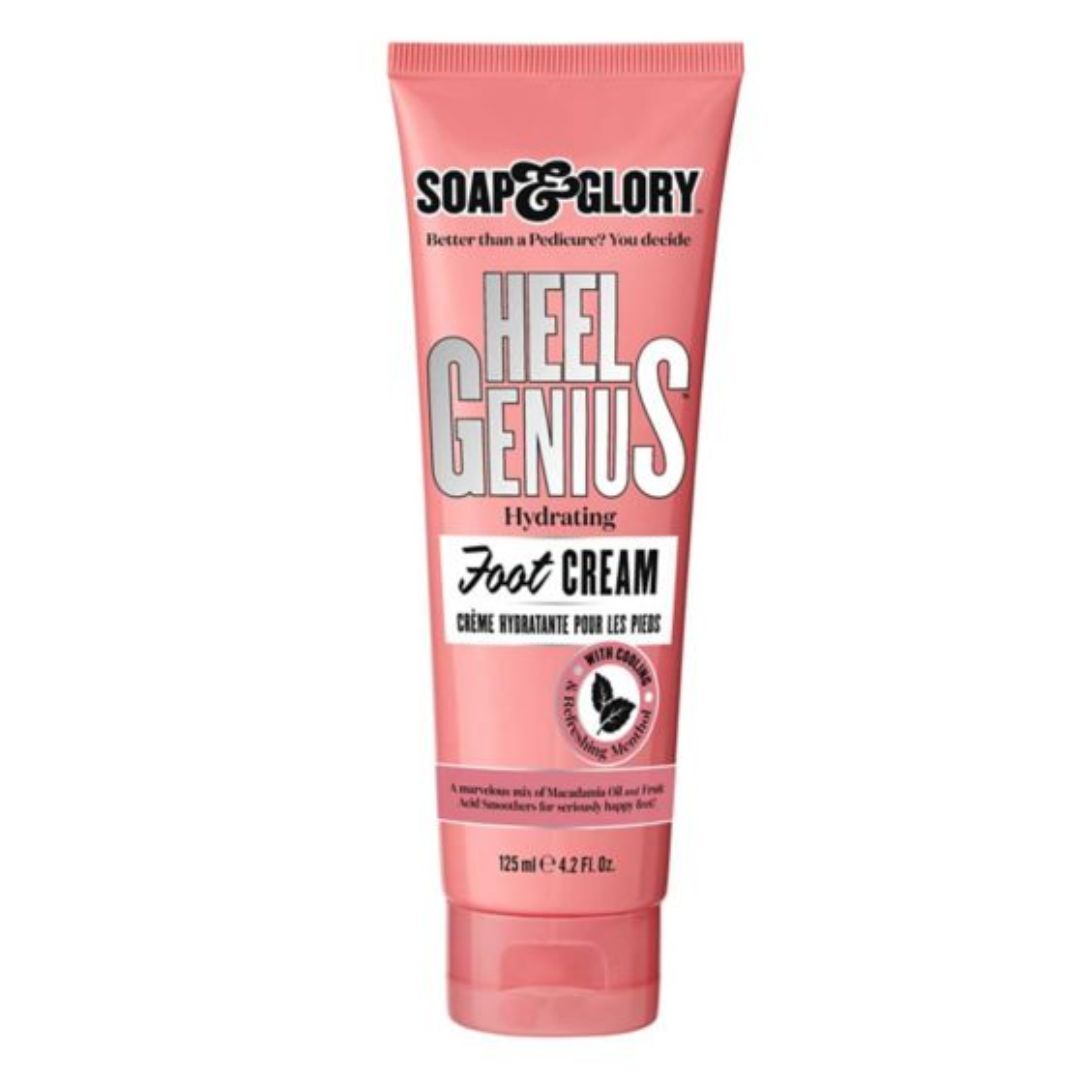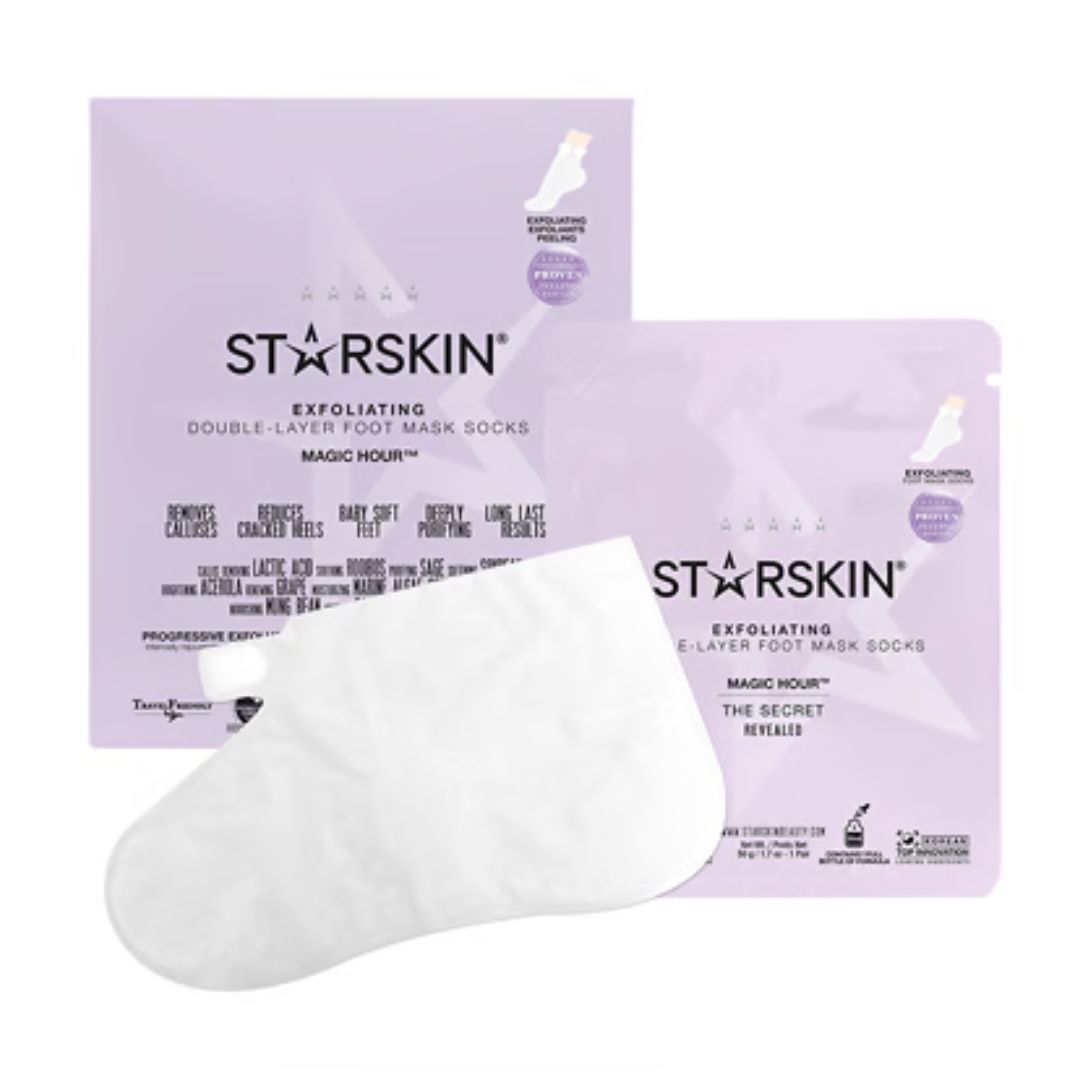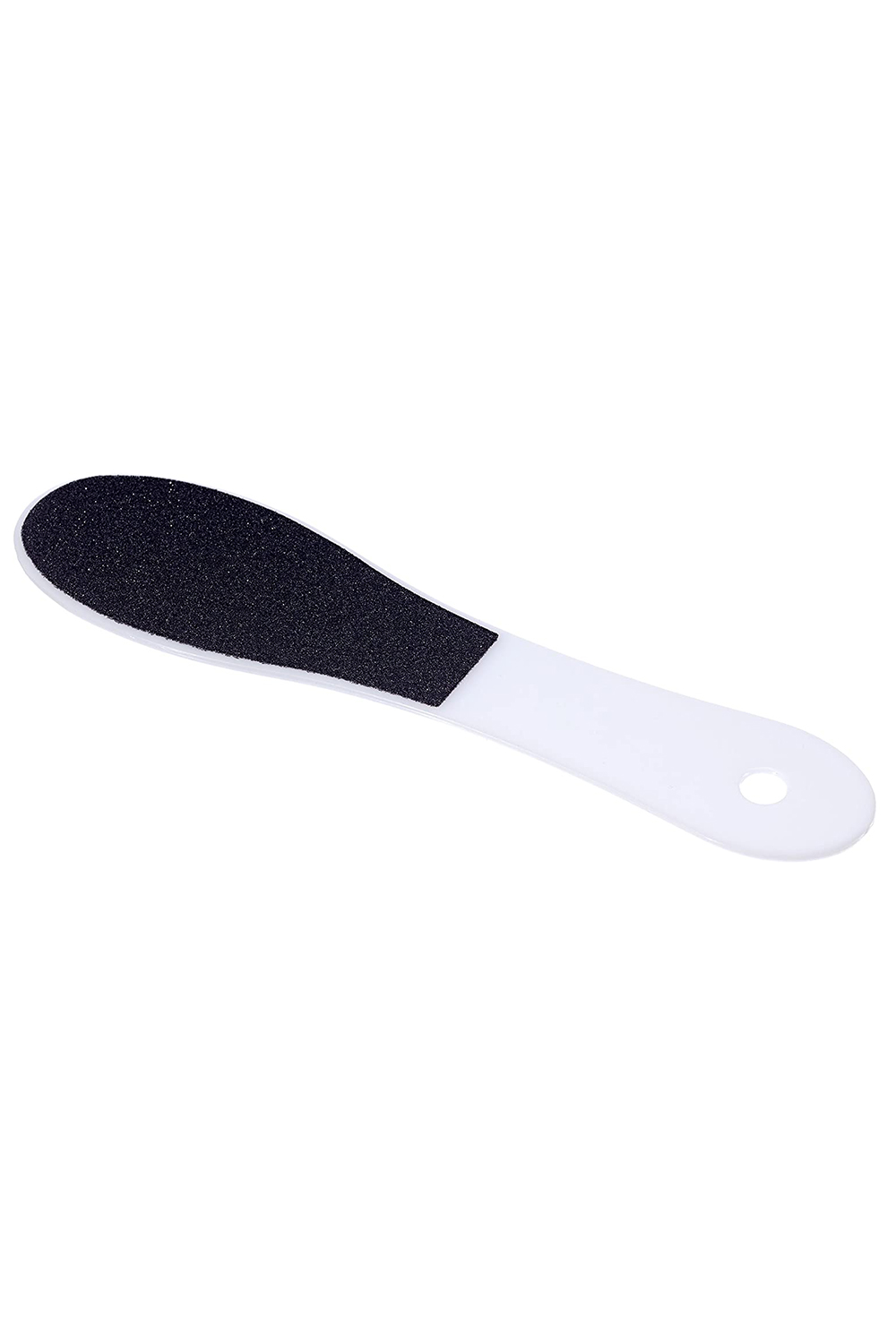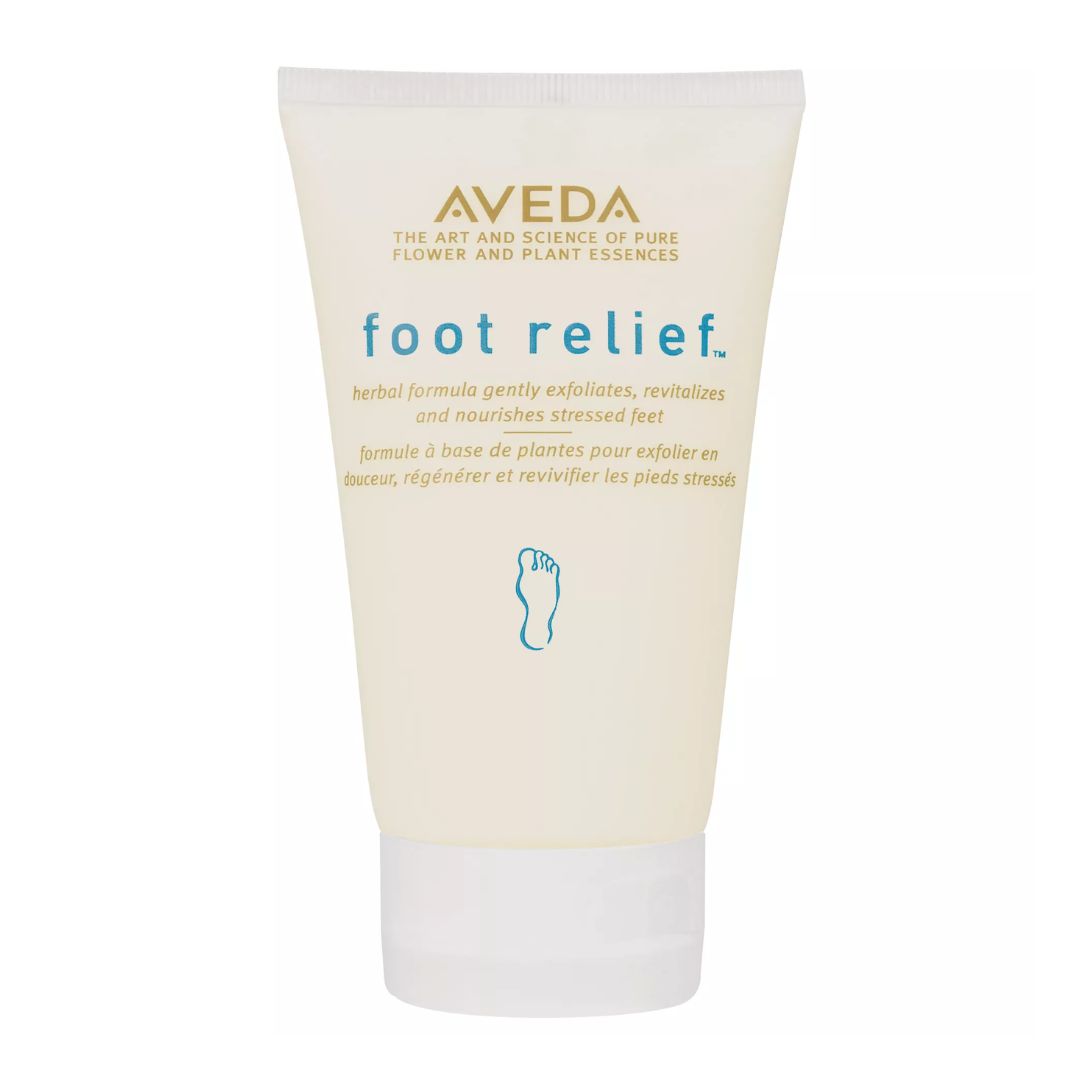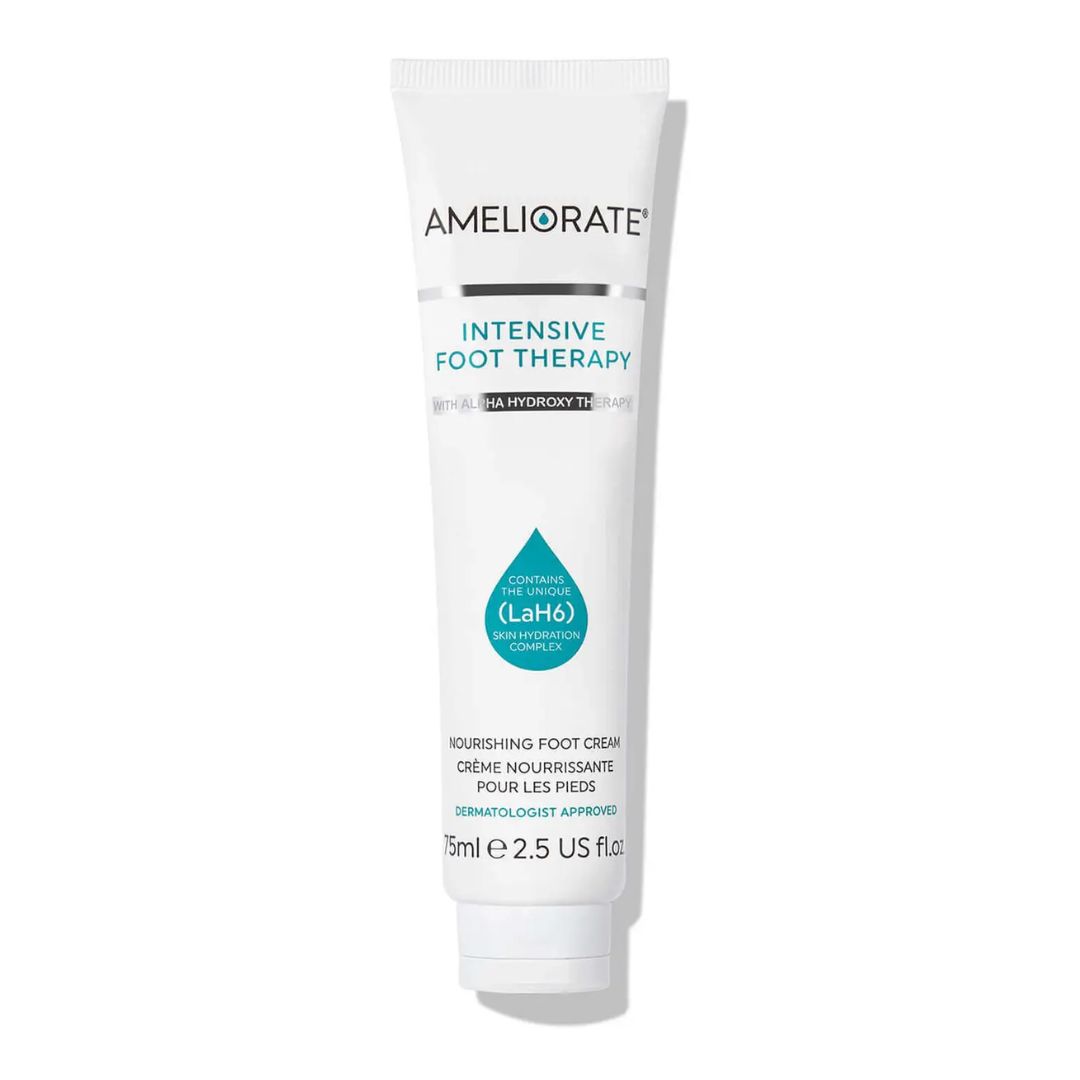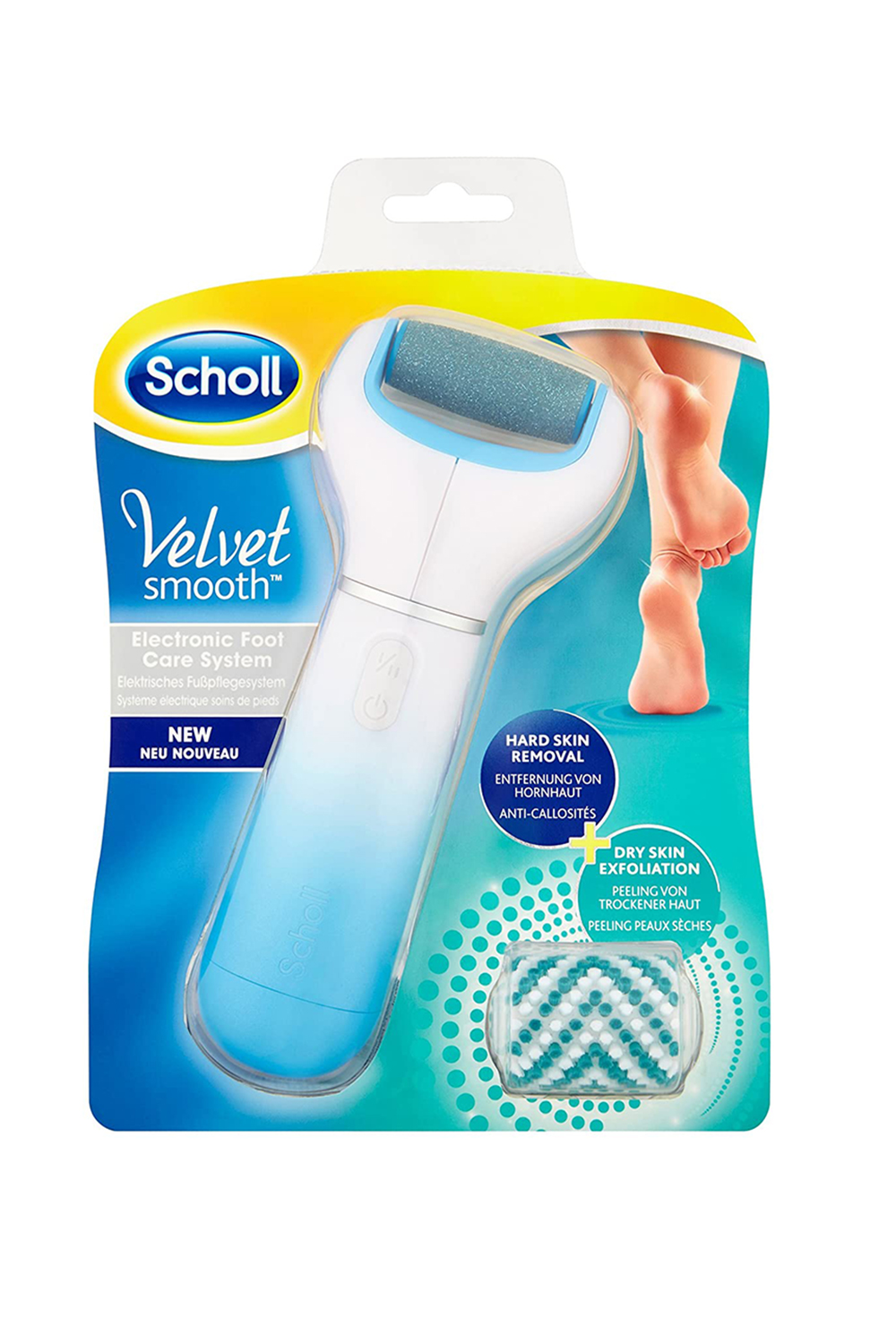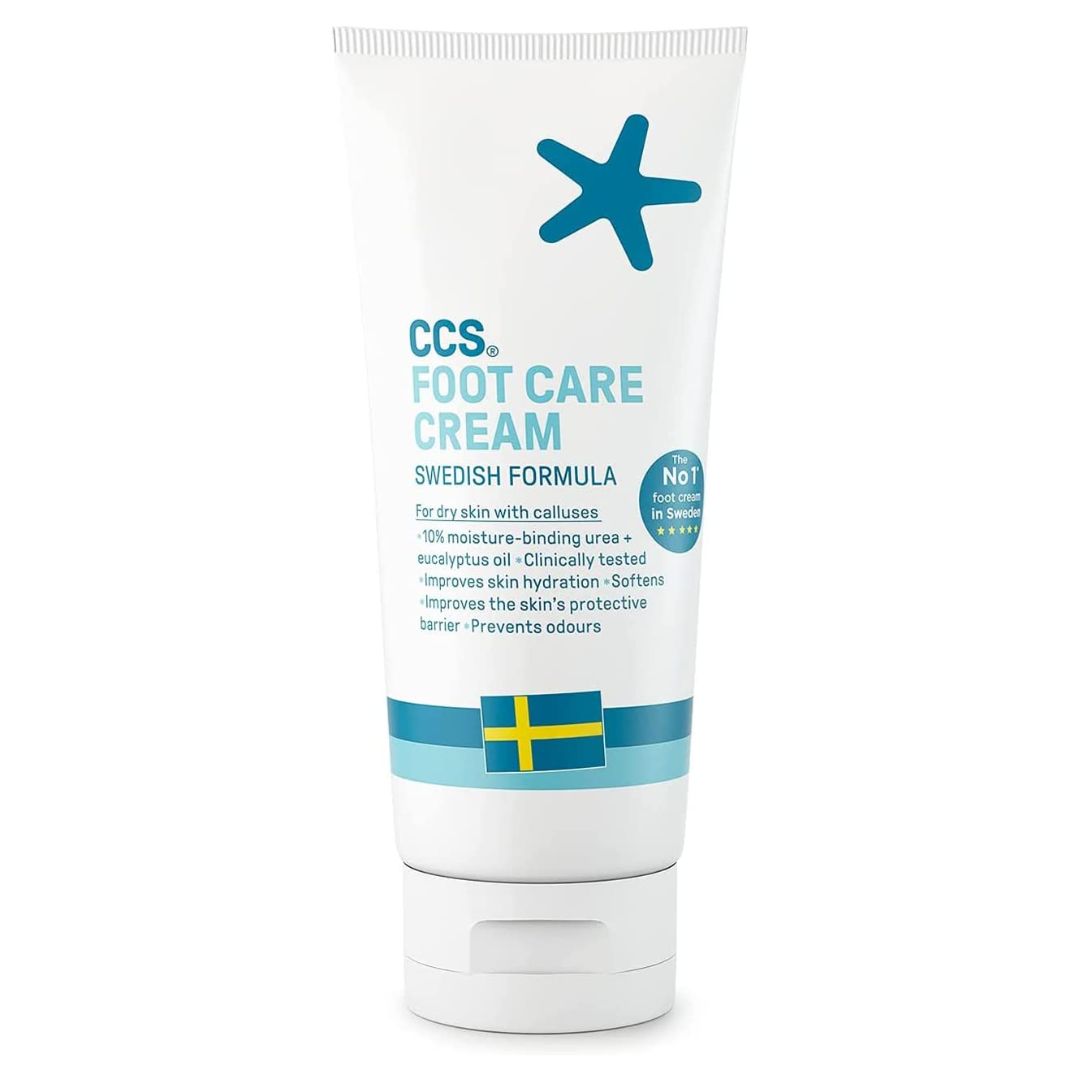One Marie Claire editor gives her honest review of the product that promises baby soft feet
Get ready to shed
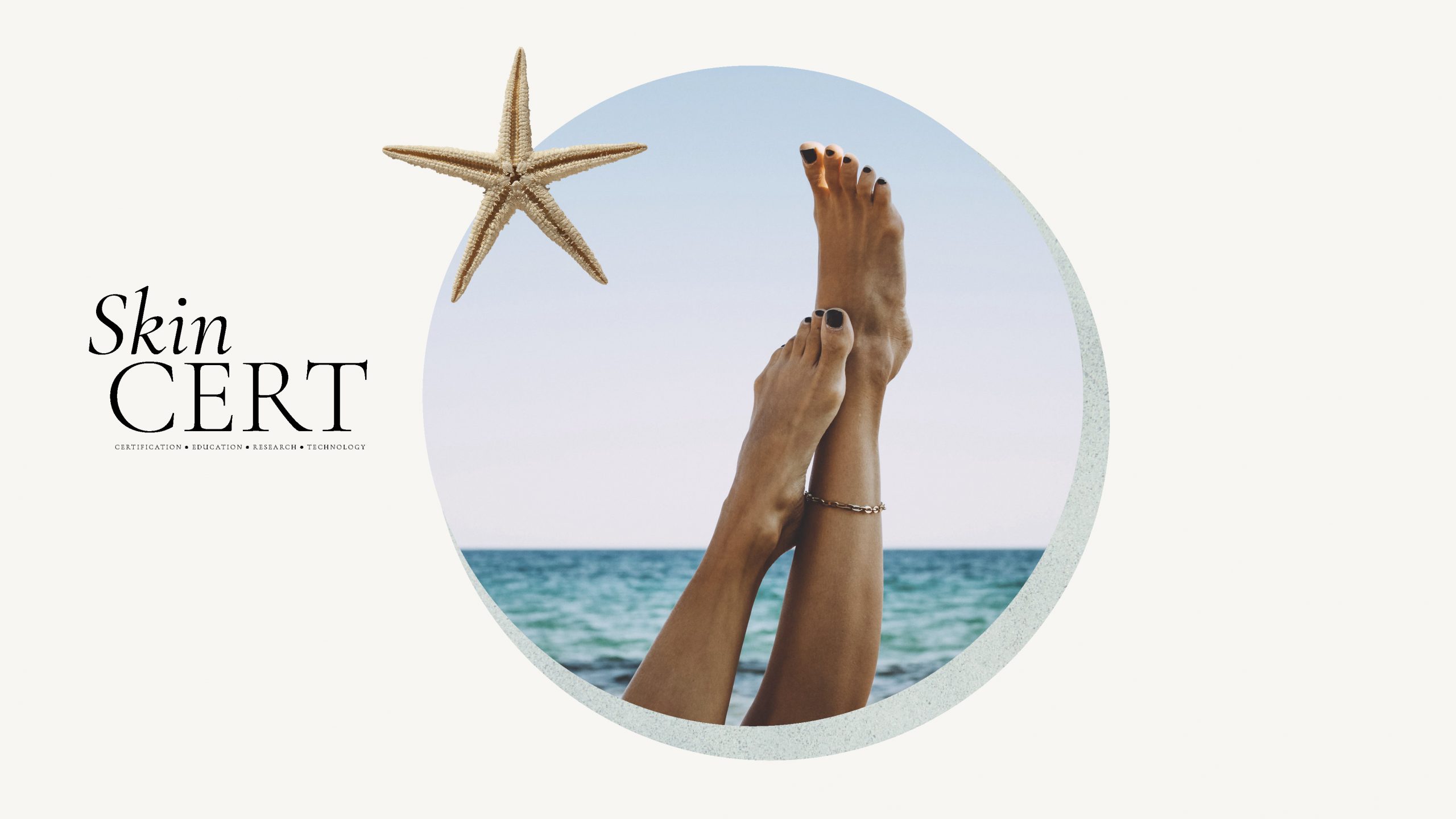

Dionne Brighton
Exfoliating socks are a non-negotiable for me. After months of wearing the best ankle boots, when you want to switch to wearing summer sandals but your feet aren't quite presentable yet, they are the best thing for it. As you'll see below, I put these handy socks to the test a couple of years ago, and I've been using them ever since.
I used to have cracked heels and corns on my toes (see pictures below) that no amount of scrubbing with a pumice stone would get rid of. I know how important it is to exfoliate your feet, but I didn't want to fork out for a weekly pedicure at one of the best nail salons in London. So I turned to Footner exfoliating socks to give myself a pedicure at-home. "No matter whether you use peels, foot scrubs, or exfoliating washes, exfoliation is important," explains Marion Yao, a Podiatric Practitioner at the Harley Street Foot & Nail Clinic. "As it helps remove dry, hard skin. The dryness can cause cracks in the skin and lead to infections, such as fungal infections because these cracks can trap dirt and open up."
Here's everything you need to know about them.
What are exfoliating socks?
They are basically plastic socks containing a special solution that will help break down dead skin over time. This special solution is made up of a mixture of glycolic acid, mandelic acid and lactic acid. You might recognise some of these ingredients from your skincare routine. Each of them is an exfoliating acid that works on nibbling away at dead skin cells.
"Glycolic acid breaks up the outer layers of skin cells, which causes a peeling effect," explains Yao. "It also helps retain moisture within the skin, preventing the skin from drying out. Both of these effects can make the skin smoother and more even. Mandelic acid helps increase cell turnover and promotes the exfoliation of dead skin cells, which leaves the skin smoother and fuller and can also clear up pigmentation. And lactic acid can also be found in the outer layers of the skin and helps loosen its bonds to dead skin cells, which aids exfoliation."
How do exfoliating socks work?
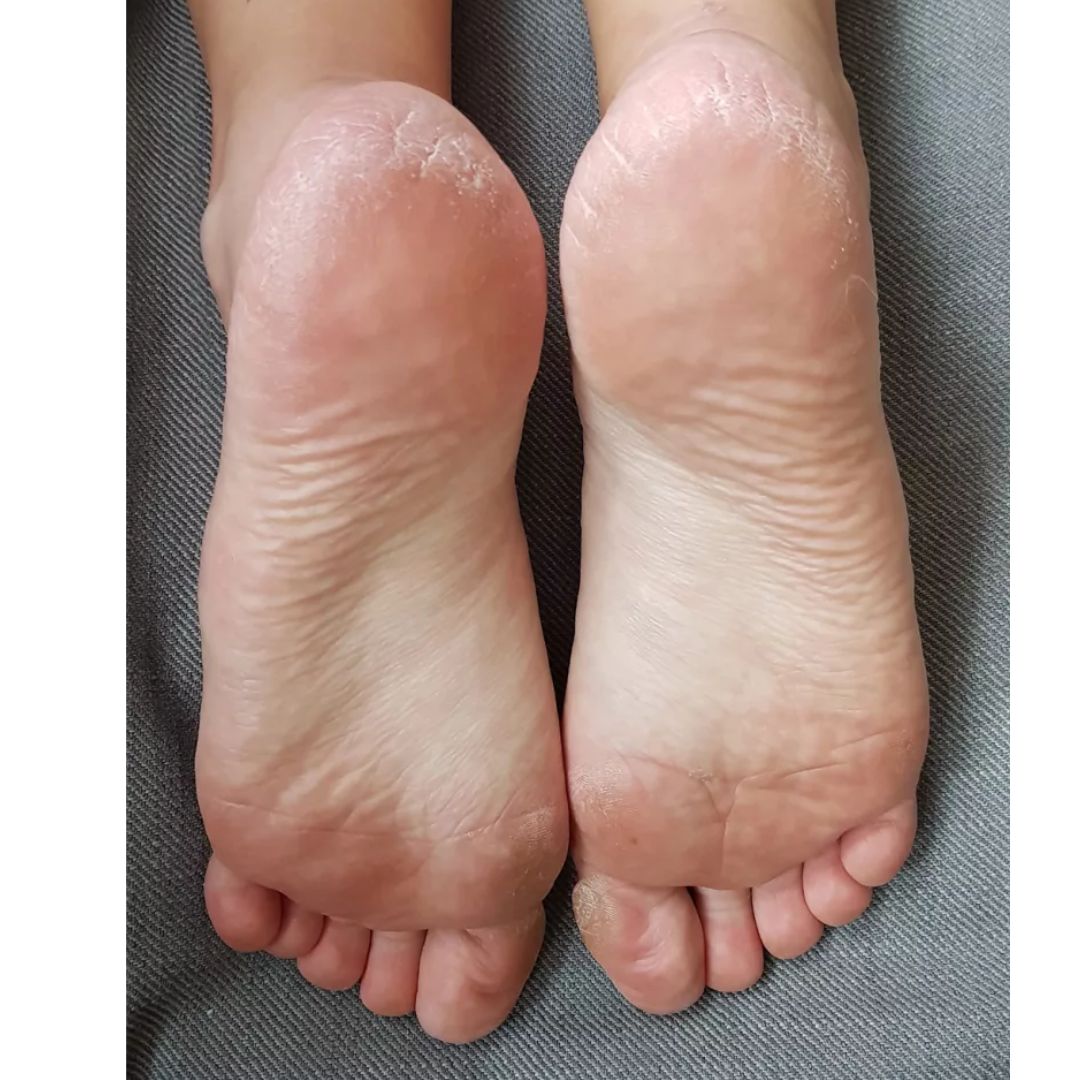
Firstly, you'll need to soak your feet in water, because that helps with the exfoliating process (damp skin means the product will be absorbed better), so if you're binging on Netflix, that's a perfect time to do it. Do that for at least 10 minutes.
After that, pat them dry. Using scissors open the top and slip your feet into the socks. Wear them for an hour, before removing them and rinsing your feet with warm water. Then chuck the socks in the bin.
Celebrity news, beauty, fashion advice, and fascinating features, delivered straight to your inbox!
It's important to know you won't see results straight away, once the product soaks into your skin, you have to wait for the peeling process to start naturally, which can take a few days.
Yao agrees, "The peels take time to remove dryness and calluses. You will not see instant results, and it can take a few days to up to several weeks for the skin to completely peel and for your feet to become softer and less dry. Unfortunately, these peels are not great for deep and thick calluses, as they can only remove the top layers of the skin and do not penetrate to deeper layers. They are excellent at removing superficial skin, but I would leave thicker skin issues for the professionals, like a podiatrist."
How long does it take for the dry skin to peel?
The instructions say it takes five to seven days for the peeling process to start. After five days, I noticed what looked like an air bubble on my sole, and then I started to see the skin detaching itself a bit more every day.
To speed things up, you should soak your feet in water every day and avoid moisturising them.
"As the skin peels off, it may come off in bits and pieces, and this can look and feel unsightly," says Yao. "Using a foot or body scrub can even up the skin and make it look more appealing. It can also help remove the peeling skin and exfoliate it, making the feet even smoother. However, you don’t need to use one, and if you are not too annoyed by dragging dead skin or leaving it on the floor, in your slippers, or in your shoes, you are fine to simply leave it."
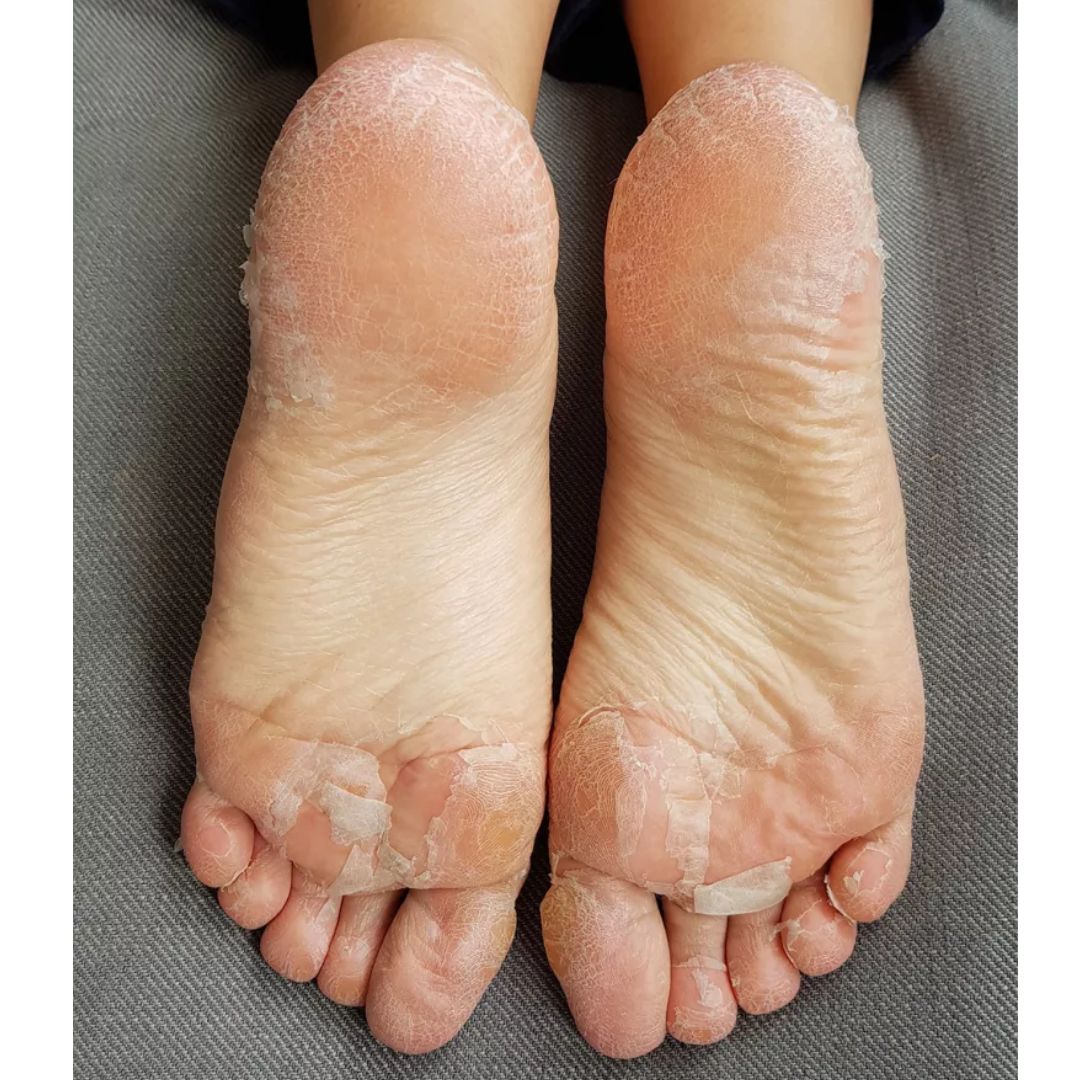
For me the whole thing took about 10 days, so bear that in mind if you want to do it before a holiday, as your feet won't look good in the process.
Who can use exfoliating socks?
It doesn't matter how little or how dry your feet are, these will get rid of any dead skin. They're one size fits all; I'm a size three so thought they would be too big, but it wasn't a problem. The skin is delicate after you use the socks though, so sunbathing isn't recommended.
If you're pregnant steer clear, and wait until you've given birth. Also if you suffer from any skin conditions like eczema, dermatitis or psoriasis, give this a miss. Your skin is likely to be too sensitive. Also, it's not recommended if you're diabetic either.
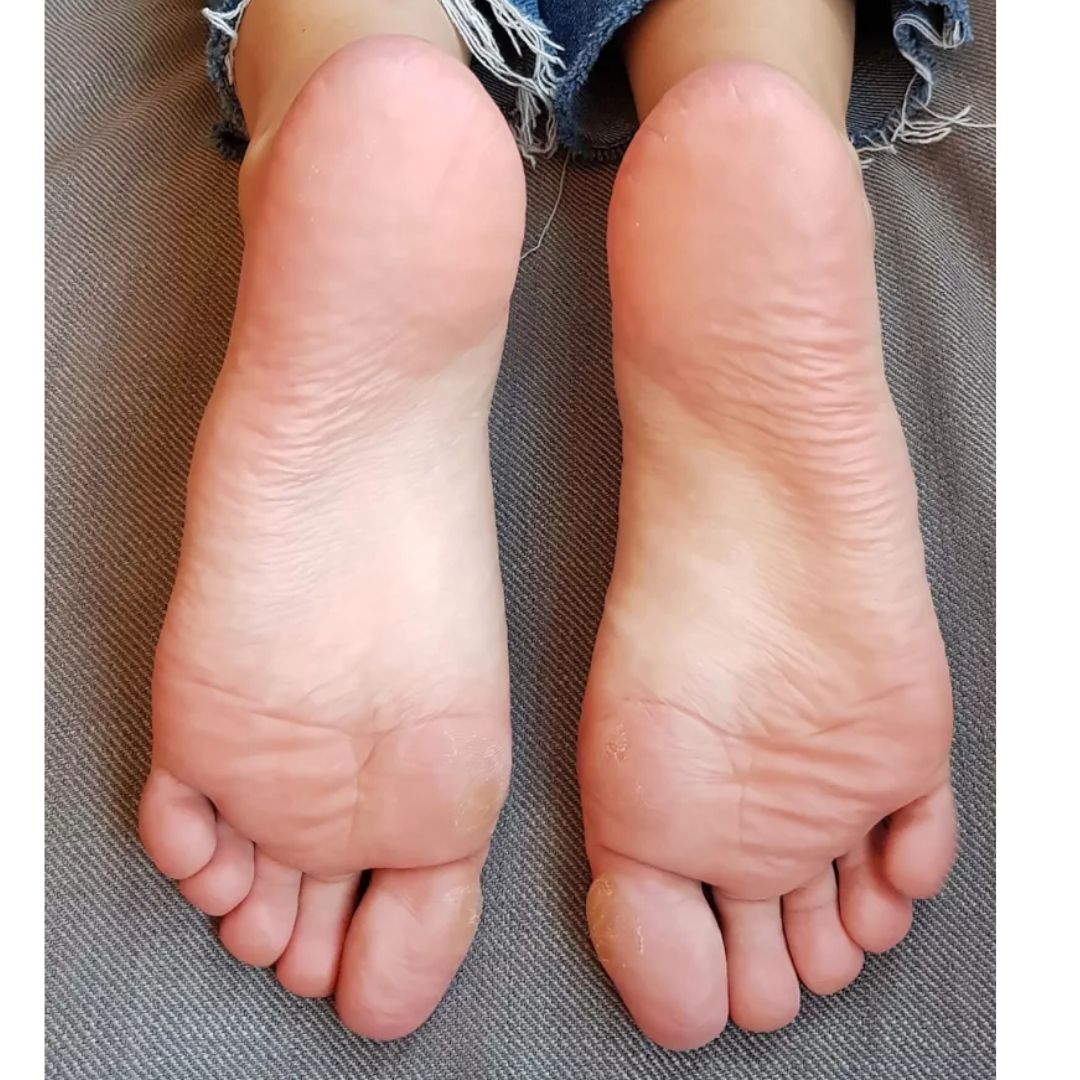
How long do the results last?
Results of the exfoliating socks may vary a little depending on the brand, but I found my feet looked super smooth for about a month, and it took a little longer than that for hard skin to come back (it will take longer if you wear socks as the skin will be protected).
Most brands tell you to avoid using them for three weeks after the last use as skin will be sensitive due to the alcohol content in the formula, and generally speaking they recommend you repeating the process every two to three months.
I've only just done this, so obviously my feet are still looking great, but the instructions seem to advise to do this every two to three months, depending on how quickly your feet get dry again. And you need to leave it at least three weeks between treatments because your skin will still be sensitive.
Best exfoliating socks
Best award-winning exfoliating socks
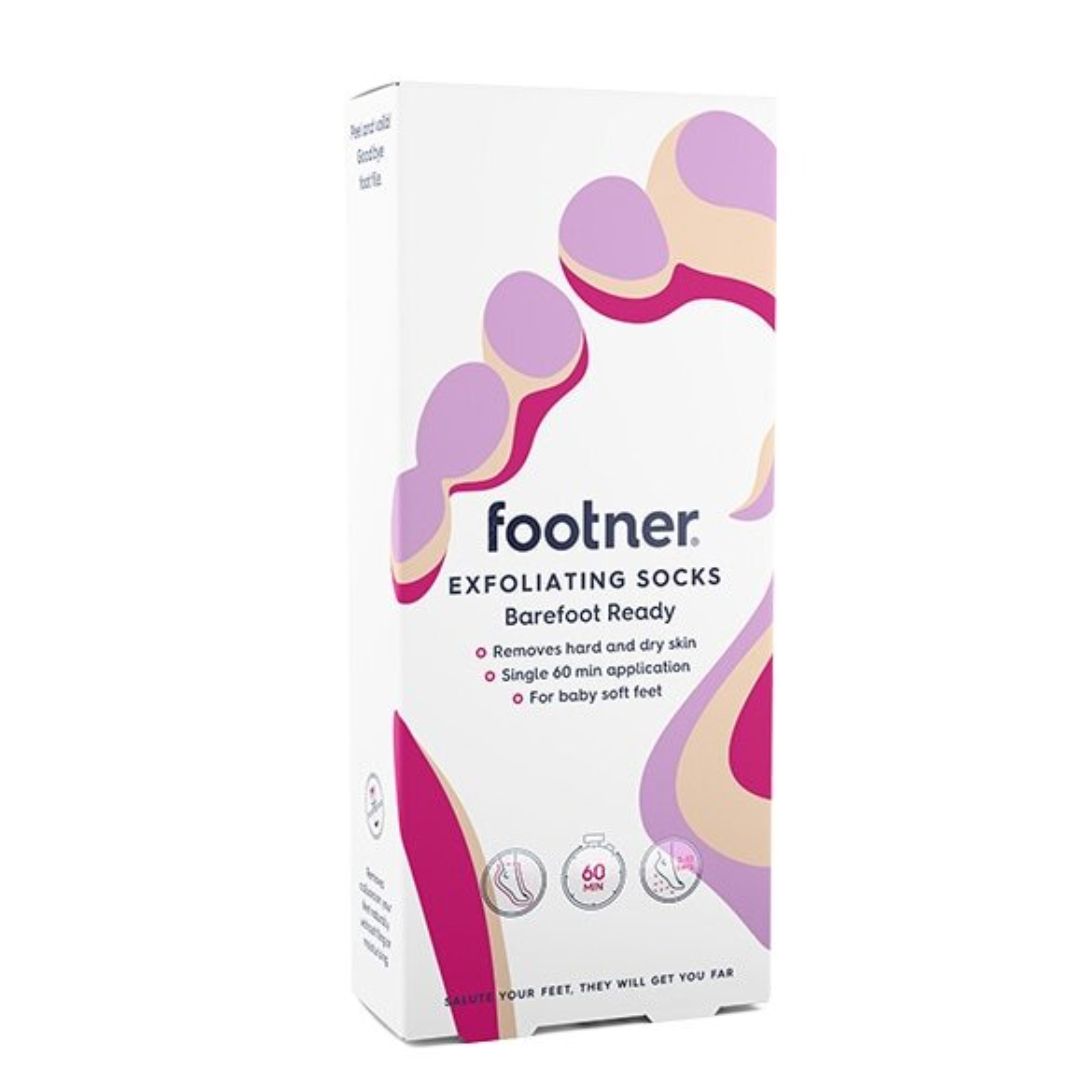
A Marie Claire Skin Awards 2022 Treat Winner, the Footner Exfoliating Socks makes use of the skin’s natural peeling process to remove dead skin from the feet. Our Producer, Sofia Piza, loves them thanks to the fact that they are comfortable and easy to use, and don't give off a strong, chemical-like smell.
Pros
- Quick single application - wear once for 60 minutes
- No fuss - no creams or scrubbing
- Removes hard and dry skin
Cons
- Can wait up to 10 days for shredding
Best AHA exfoliating socks
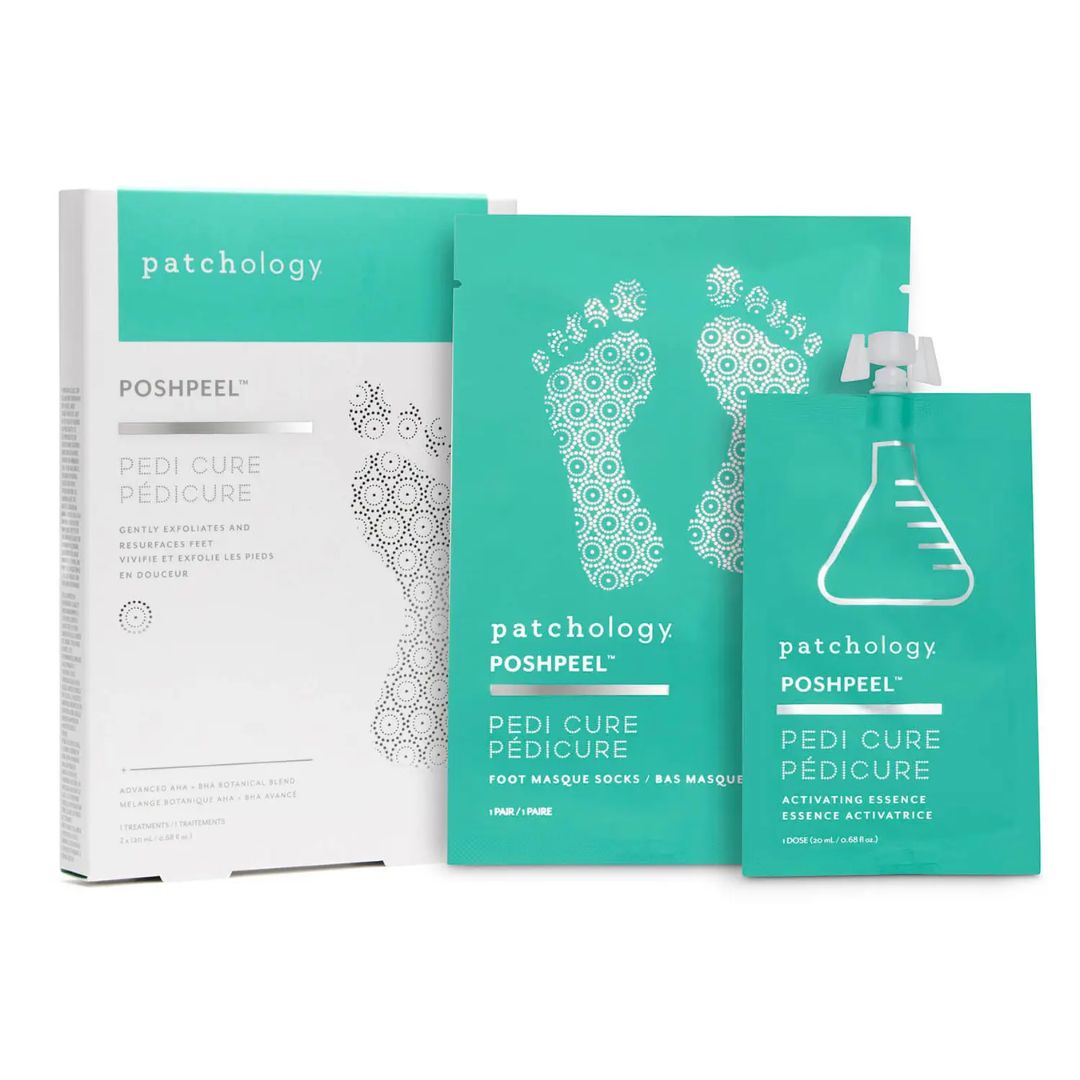
These Patchology products contain an advanced AHA and BHA botanical blend featuring glycolic, salicylic, lactic and citric acids. These four potent ingredients work together to deeply exfoliate and soften the surface—speeding up cell turnover and encouraging dead skin to slough off.
Pros
- Advanced AHA and BHA blend for maximum exfoliation
- Brightens as well as exfoliates
- Works in 3-7 days
Cons
- Not the best option for sensitive skin
Best dual-action exfoliating socks
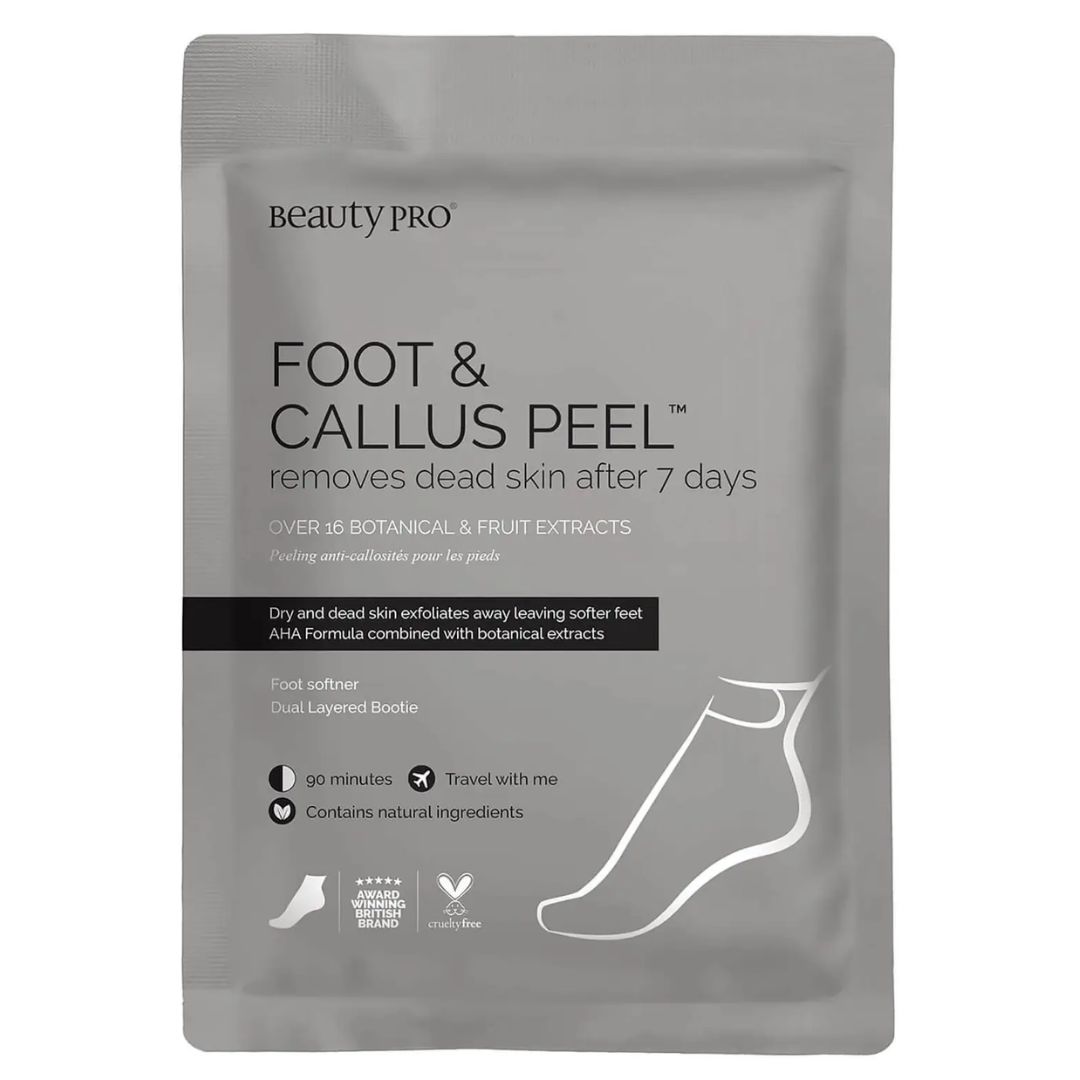
This socks feature over 17 botanical and fruit extracts. Impressive, right? The dual-function foot peel effortlessly smooths feet over the course of seven days, whilst also offering antibacterial action.
Pros
- Works in 7 days
- Anti-bacterial
- 17 botanical exfoliants
Cons
- Single use
Best affordable exfoliating socks
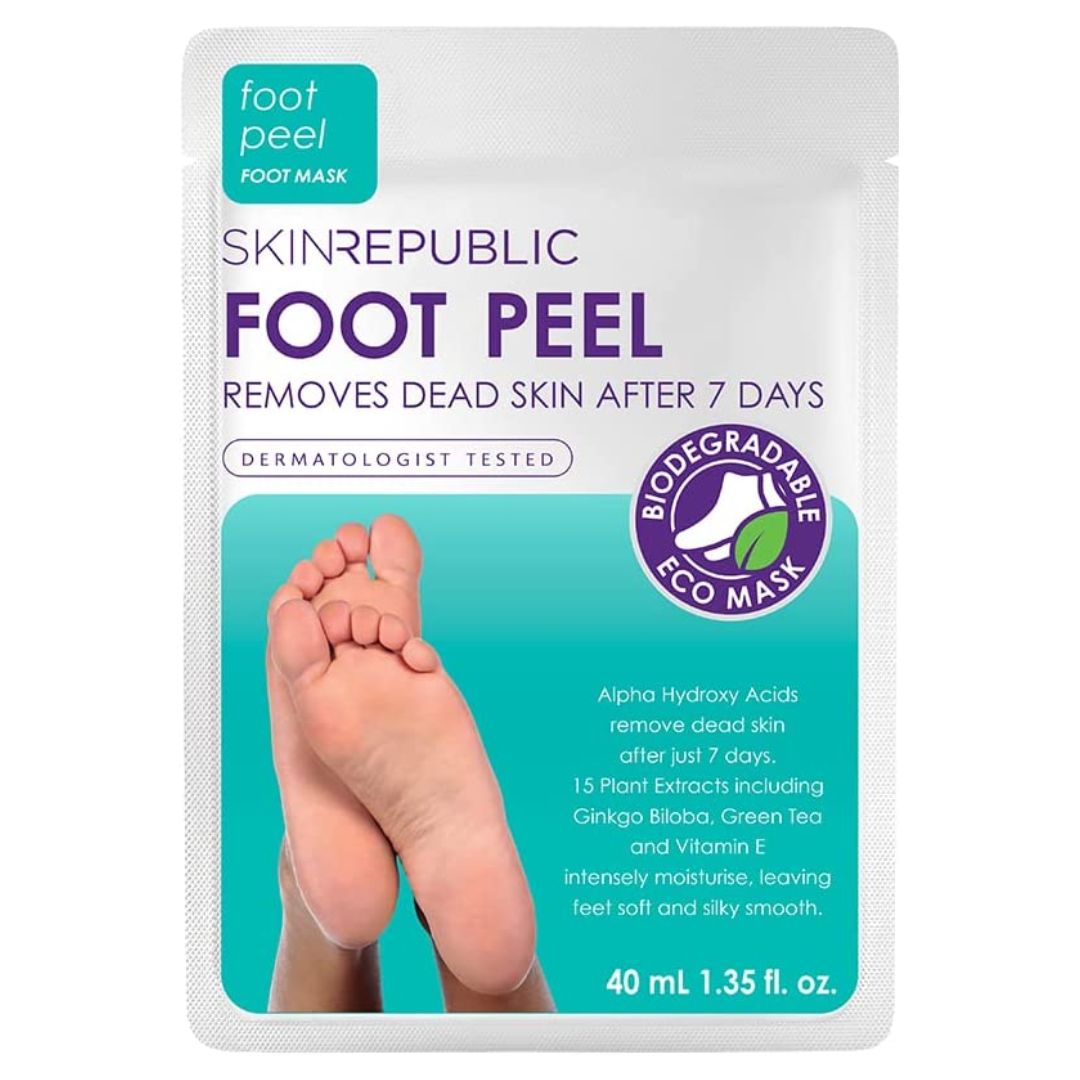
If you're looking for an affordable option, look no further than this Skin Republic Foot Peel Mask. The dual-layered booties feature an exfoliating serum, which is packed with plant extracts and alpha hydroxy acids. Hello silky soft feet.
Pros
- Natural plant extracts
- Easy to use
- Dual layered
Cons
- Best used twice a week
Are exfoliating socks safe?
I spoke to Dina Gohil, from DG Podiatrist, about what she thinks of the at-home foot softening treatment. "Exfoliating socks are a great home treatment that's easy to enjoy and people with callus do see results. They are on the whole safe to use however if you are diabetic, pregnant, have sensitive skin, or have any other medical conditions it would be advised to check with your Podiatrist or GP first."
How can you avoid getting dry hard feet and calluses going forward?
Whilst the exfoliating socks are extremely satisfying, it would be much easier if we didn't have hard feet to begin with. So we asked Gohil what we can do to keep our feet smooth.
- A good foot cream, with urea in it, will really penetrate into your epidermis which will help bring flexibility and hydration to your skin and reduce hard skin and build-up
- Check that your shoes are the right fit for you, as this can actually be a key reason why you are getting hard skin in the first place
- Dry your feet thoroughly after a shower or bath - water can diminish the natural oils on your skin causing them to dry out faster
- Make sure to keep hydrated - water is such a game-changer
- Wear the right type of socks to help balance the temperature of your feet, the happier they are the less moisture is lost
Feet exfoliating products
If you're still unsure about the foot exfoliating socks, then here are a few more products I rate for dry, cracked feet, from foot scrubs to leave-in masks.

Penny Goldstone is the Contributing Fashion Editor at Marie Claire UK. She writes about catwalk trends and the latest high street and Instagram sartorial must-haves. She also helms the Women Who Win franchise.
She has worked in fashion for over 10 years, contributing to publications such as Cosmopolitan, Red, Good Housekeeping, and Stylist.
- Dionne BrightonSocial Media Editor
